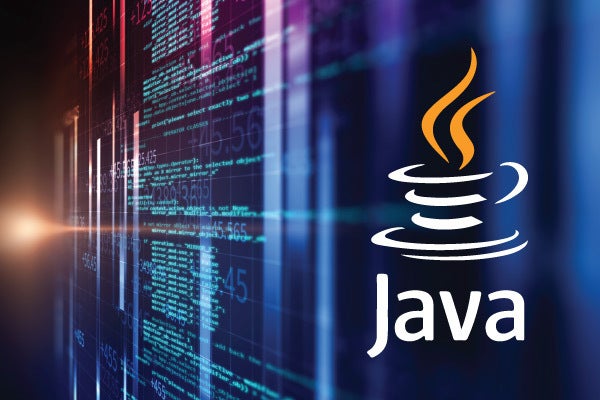Collaborative coding is an essential aspect of modern software development, enabling teams to work efficiently and produce high-quality code. Several tools facilitate collaboration among team members, streamline development processes, and enhance communication. Here are some key tools for effective collaborative coding:
- Version Control Systems (VCS):
- Git: Git is the most widely used distributed version control system. It allows multiple developers to work on a project simultaneously, tracks changes, and facilitates collaboration. Platforms like GitHub, GitLab, and Bitbucket provide hosting services for Git repositories and offer additional collaboration features.
- Integrated Development Environments (IDEs):
- Visual Studio Code: A popular open-source code editor developed by Microsoft. It supports various programming languages, has built-in Git integration, and offers extensions for additional features.
- IntelliJ IDEA: Known for its strong support for Java development, IntelliJ IDEA also provides support for other languages and features collaborative tools for team development.
- Collaboration Platforms:
- Slack: A messaging platform that facilitates real-time communication. It allows teams to create channels for different topics, share code snippets, and integrate with various development tools.
- Microsoft Teams: A collaboration platform that integrates with other Microsoft tools. It supports chat, video conferencing, and file sharing, making it suitable for team collaboration.
- Code Review Tools:
- GitHub Pull Requests, GitLab Merge Requests, Bitbucket Pull Requests: These tools provide a systematic way for team members to review and discuss code changes before merging them into the main codebase.
- Crucible: A code review tool by Atlassian that integrates with Jira and supports collaborative code reviews.
- Documentation Tools:
- Confluence: A collaborative wiki tool by Atlassian that enables teams to create, share, and collaborate on documentation.
- ReadTheDocs: A platform for hosting and generating documentation from your code repository.
- Continuous Integration and Continuous Deployment (CI/CD) Tools:
- Jenkins, GitLab CI/CD, Travis CI: These tools automate the building, testing, and deployment of code changes, ensuring that the codebase remains stable and reliable.
- Project Management Tools:
- Jira, Trello, Asana: These tools help teams manage tasks, track progress, and prioritize work. They integrate with version control systems and provide a holistic view of the project.
- Communication and Video Conferencing:
- Zoom, Microsoft Teams (mentioned earlier), Slack: These tools facilitate real-time communication, screen sharing, and video conferencing, fostering effective collaboration among team members.
- Code Sharing Platforms:
- CodePen, JSFiddle: Platforms where developers can share and collaborate on HTML, CSS, and JavaScript code snippets in real-time.
- Pair Programming Tools:
- Visual Studio Live Share: Enables real-time collaborative editing and debugging in Visual Studio Code.
- Code Quality Tools:
- SonarQube, ESLint, Prettier: Tools that help maintain code quality and consistency by identifying issues and enforcing coding standards.
Choosing the right combination of these tools depends on the specific needs and preferences of your development team. Integrating these tools into your workflow can significantly enhance collaboration, code quality, and overall development efficiency.








